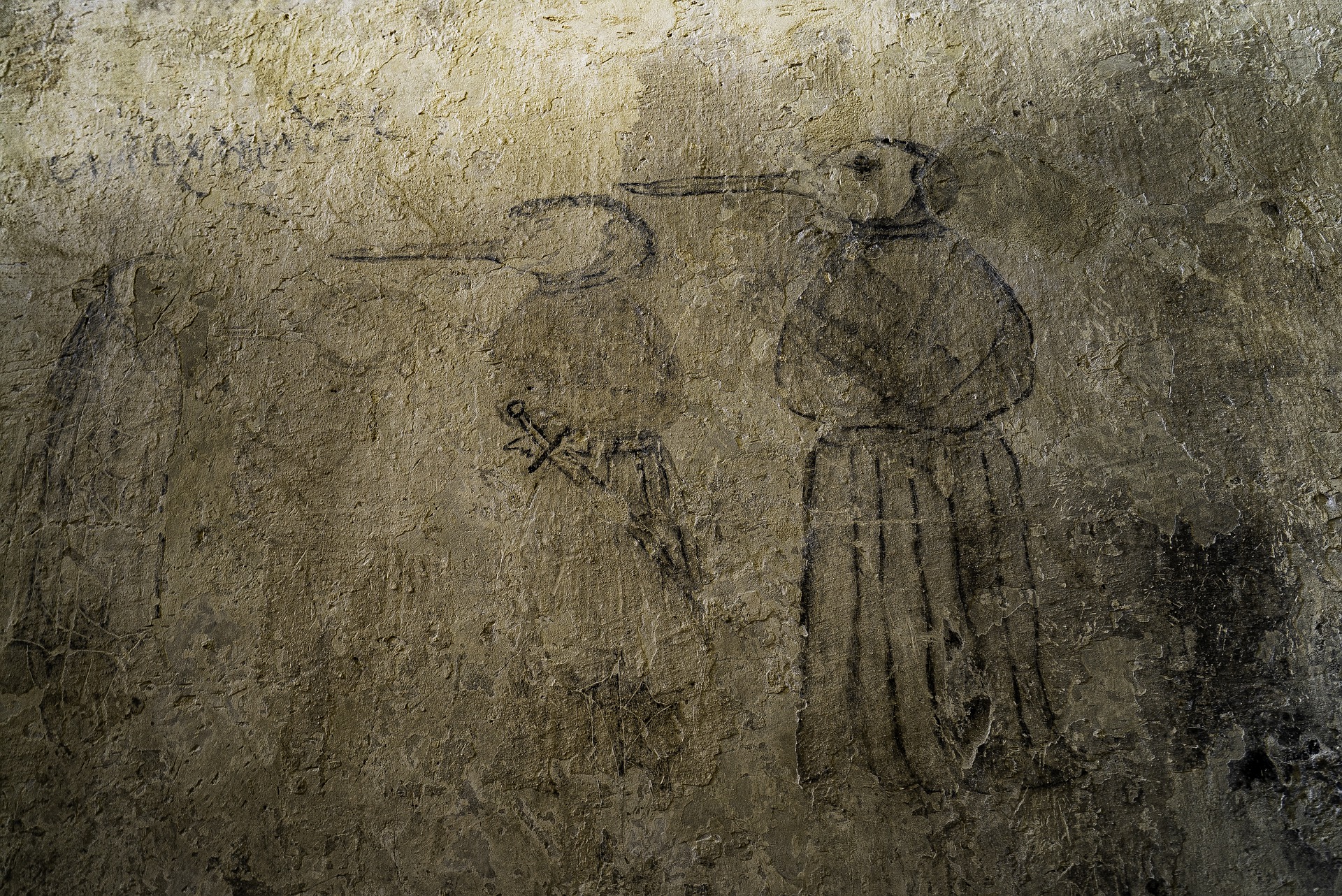Latest blog articles
-

Every now and again, and especially when redesigning a curriculum, the question regarding the role and place of legal history in said curriculum is brought up. And rightly so.
-

In this piece, I will use two memes to begin to unpack what I think is the common denominator of contemporary populist rhetoric. I will explain that the real substance of this rhetoric is the creation of a false moral equivalence, revealing a nihilism.
-

Fairy tales, when understood as manuals of behaviour that are shared within the household, can serve as a means to study and understand the law at a specific time and space. This claim is not new. The Grimm Brothers, the renowned scholars Friedrich C. von Savigny (1779-1861) and John H.
-

Armed conflicts are not something new, sadly. They emerge in different parts of the globe, at different times, and due to different reasons. Three reflections follow on the role of legal education in the context of armed conflicts, inviting for paths for instructors and students to pursue peace.
-

Language plays a fundamental role as a channel for law. It can enable members of society to access justice. Conversely, an inadequate use of language may result in a dissociation of law from a specific society.
-

Law is a social science that is subject to mutation. Scholars devote efforts to reconstruct the events and the activities of actors behind those changes. These efforts are many times materialized in comparative legal historical studies that trigger new trends and lines of research.
-

Monographs and law review articles are legal sources that can be better studied and understood by dissecting (Lat. dissecare) or “cutting” them into seven pieces. Looking carefully at those pieces–as when dissecting organisms in biological sciences–can help researchers to work with sources.
-

Historical novels offer a place to outreach for other legal systems, providing laboratories to study and understand law and society. There is especial value in revisiting historical novels that depict law and society, especially in these days of Covid-19.
-

There is value in reflecting on the impact that Covid-19 has on legal education. A first reflection relates to the fact that many state that Covid-19 invites for virtual teaching.
-

Resilience is a characteristic of codification, since codes tend to change according to time and space: they are far from being eternal or carved in stone. This is evident in Europe, when looking at the recent reforms to the Belgian Civil Code, for example in the area of property law.